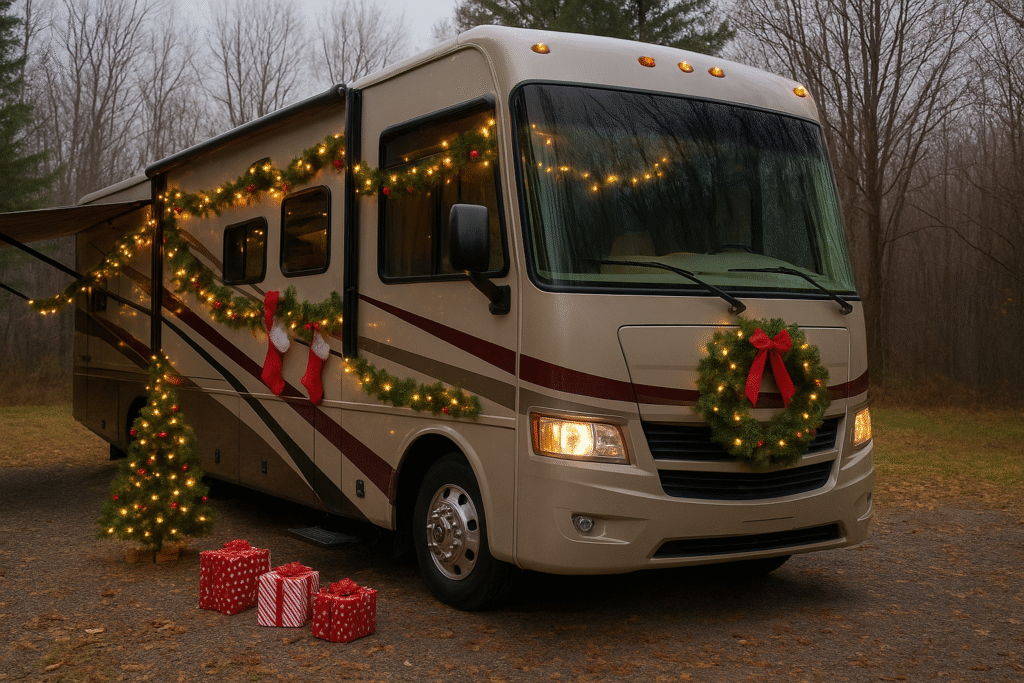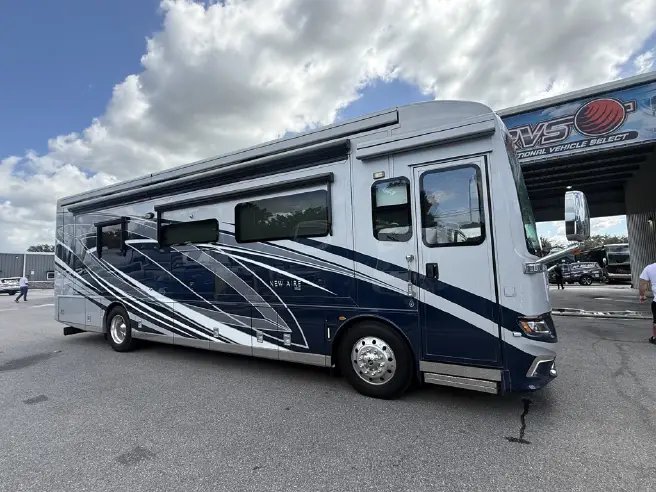As an RV enthusiast, you’re probably forever hunting for ways to cut down on the expenses of RV ownership or rental and travel. But gas prices are climbing, you still need to fuel up your rig, and we all know that isn’t going to be cheap. So what can you do to conserve gas?
#1 – Follow Regular Maintenance Schedules
Just like your car or truck, your RV needs regular maintenance to ensure that all systems are working properly and efficiently. Get the oil changed, replace worn tires, and have the engine tuned up regularly to ensure that your rig is operating smoothly. You’d be surprised at how the little things you may think aren’t important can affect your fuel economy. For example, dirty or clogged air filters can trigger the engine’s computer to compensate by increasing the amount of fuel injected into the cylinders. Check your air filters at least every six months and replace them if they are past their useful life.
#2 – Drive at a Consistent Speed
One of the best things you can do to help conserve gas in your RV is to drive at a reasonable speed consistently. Typically, the most fuel-efficient speed for RVs averages somewhere between 55 mph and 65 mph. Setting cruise control can help you maintain a consistent speed on long stretches of road. In addition, it’s best to avoid gunning the engine to get up to speed (which will burn fuel faster) or slamming the brake to slow down (which will kill your brakes). Instead, take your time to accelerate and give yourself plenty of room and time to decelerate when driving. This will help ensure the most efficient use of fuel.
#3 – Check Your Tire Pressure
Maintaining proper tire pressure is an incredibly important part of ensuring the overall safety of your RV. Doing that can not only help prevent a high-speed blowout on the road, but can also improve your fuel economy. Underinflated tires can adversely affect how much gas your rig burns, decreasing fuel efficiency by several percentage points. Ideally, you should check your tire pressure with a simple tire gauge every time you fill up your gas tank and after extreme temperature and elevation changes.
With these tips, you can start to more closely monitor your fuel consumption and find ways to conserve it. What gas conservation methods have you tried before? Which ones worked best for you? Let us know in the comments or contact us today!





